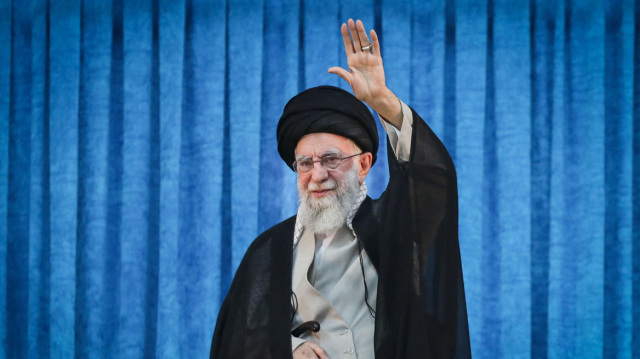Nearly three years on, Israel has neutralized most threats along its borders and is now intensifying efforts for a decisive strike against what it views as the core of regional instability: Tehran. In the early hours of Friday, Tehran faced significant exposure, and while its response to Israel may be substantial, it will not bridge the gap created by Tel Aviv’s determined strategy against the theocratic regime.
Iran’s nuclear program poses a considerable challenge not just for the West, but for global stability as well. While recent Israeli airstrikes have primarily focused on nuclear-related sites, a broader perspective reveals that Israel stands to gain more from eliminating Salami, the leader of the Revolutionary Guards, than from mere border incursions. Tel Aviv is methodically targeting Iran’s Supreme Leader, Ali Khamenei. By dismantling the military apparatus, Israel aims to expedite a shift in the region that aligns with its interests.
Even if Israel succeeds in taking out Khamenei and devastating Qom, the heart of religious leadership in Iran, it will not fully realize its objectives. The overarching aim remains the reconfiguration of Iran’s political, social, and diplomatic landscape. Despite numerous precision strikes, Israel has yet to impact Iran’s substantial resource wealth.
Iran’s oil reserves remain untouched, and Netanyahu will likely leverage this advantage, arguing that the Iranian populace should not suffer while simultaneously fostering beneficial relationships with nations that heavily trade with Tehran.
Netanyahu’s Dependence on the Iranian People
Israel is steadfastly pursuing its initial agenda, and despite challenges—particularly from across the Atlantic— it is approaching its ultimate objectives. This undertaking is far more complex than previous conflicts involving Palestinians or Hezbollah. Iran presents a unique set of challenges, and to succeed, Netanyahu must engage the Iranian people effectively.
The seasoned politician and longest-serving Israeli Prime Minister has intentionally addressed the Iranian populace in English (with Persian translations) twice since the onset of the crisis. If the Revolutionary Guards begin to weaken, so too will the prevailing climate of fear. In such a scenario, the social tensions from the 2019 uprising, coupled with the subsequent discontent from a “Velvet Revolution,” could lead to meaningful structural changes within Iran.
Israel plans to employ tactics reminiscent of those used in Syria against Assad, fully aware of the increased complexities involved. Nonetheless, the end goal justifies the means. Thus, the attacks initiated in the early hours will persist, with neither side exhibiting restraint or measured retaliation.
Ask me anything
Explore related questions

















